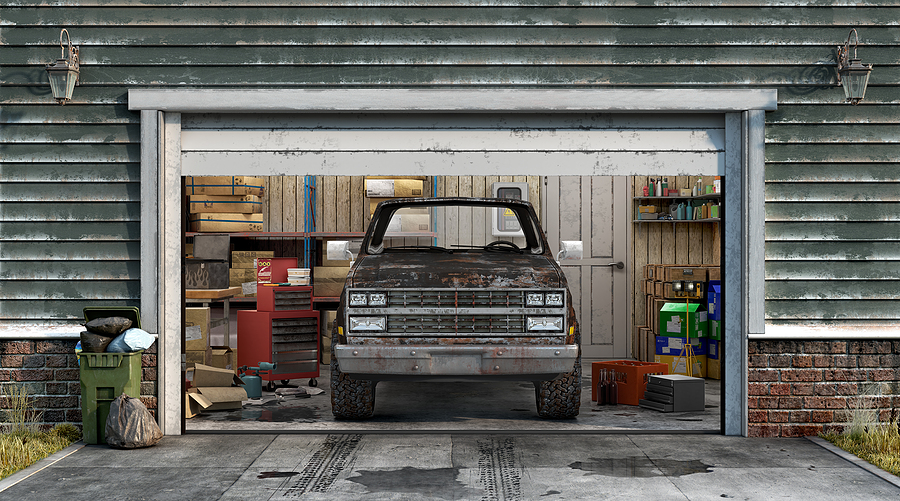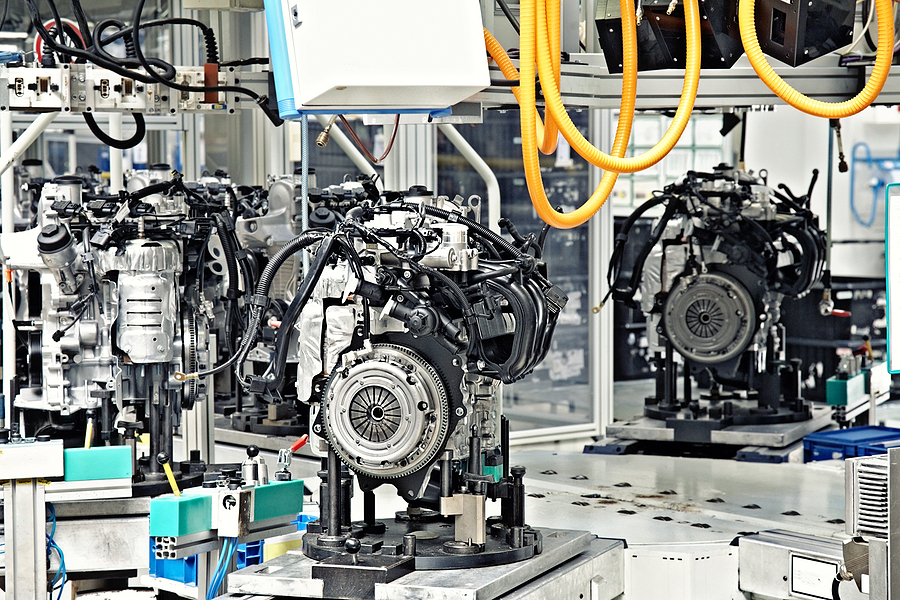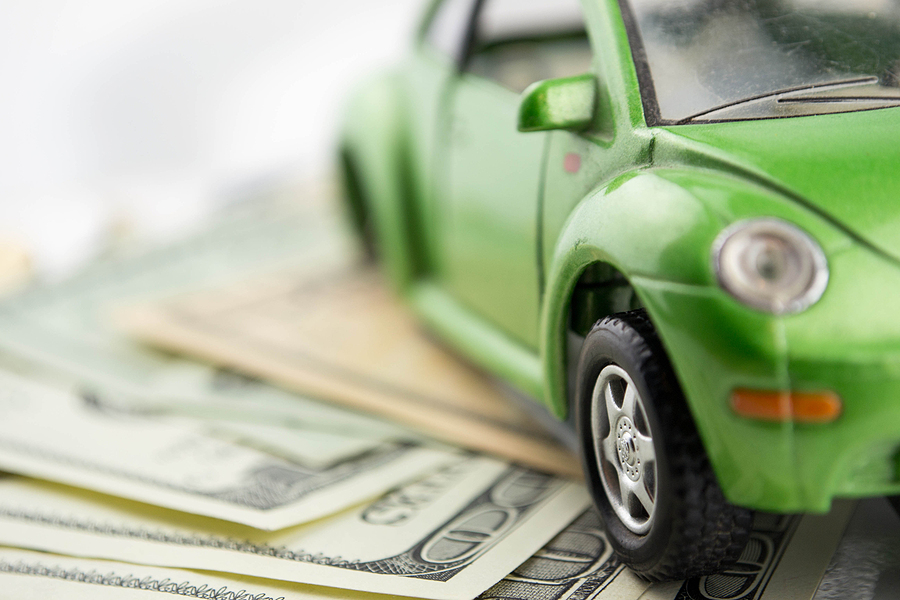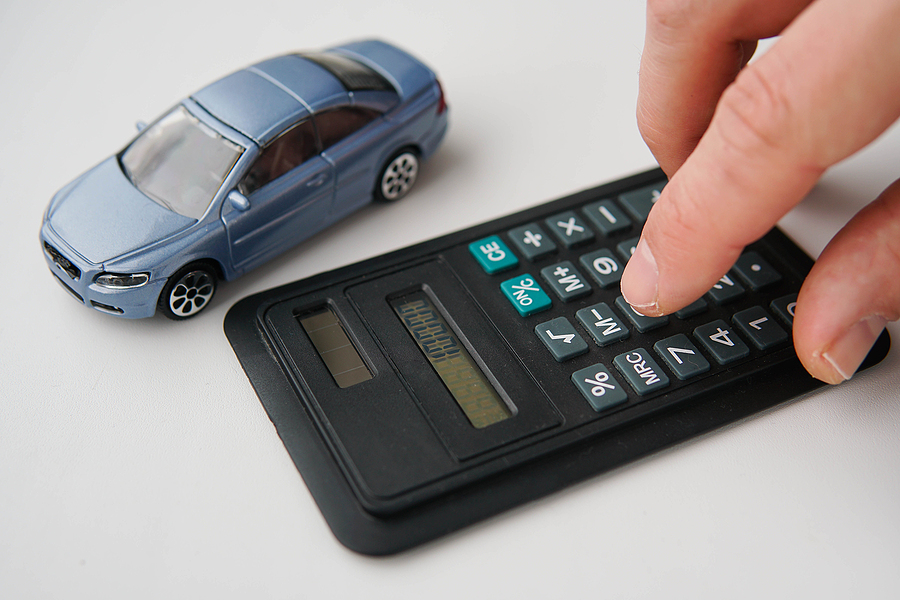In a world increasingly conscious of sustainability and environmental preservation, recycling has become a key player in the global effort to reduce waste. Among the various items recycled, junk car parts represent a unique opportunity not only to mitigate environmental harm but also to contribute positively to the automotive industry. This guide dives into the significance of recycling junk car parts, exploring its benefits for Eco-conscious drivers, automotive enthusiasts, environmental activists, and profit seekers alike.
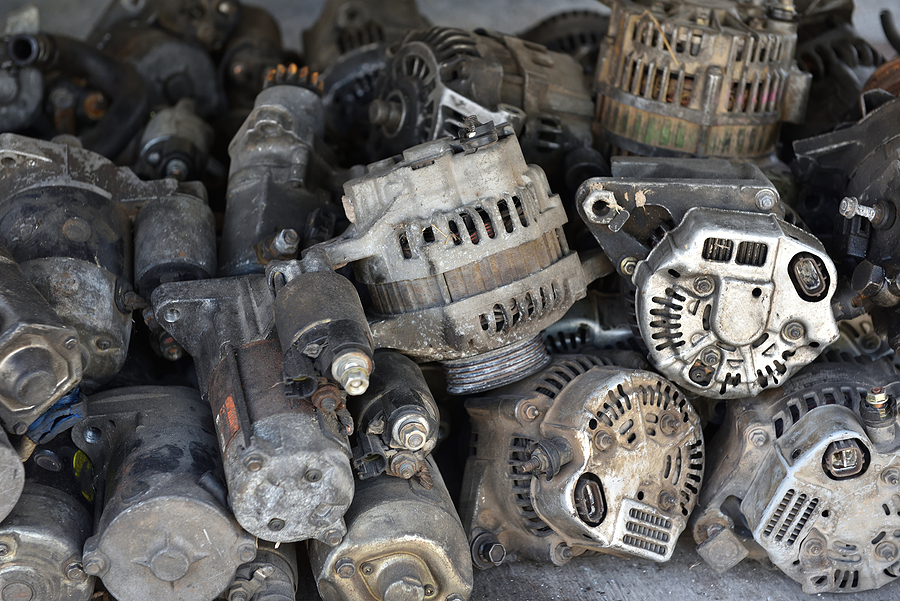
The Environmental Impact of Junk Cars
Every year, millions of vehicles reach the end of their life cycle, often abandoned or left to rust in junkyards. These junk cars, if left untreated, pose a significant environmental threat, leaking hazardous fluids into the ground and releasing toxic substances into the air. The act of recycling these vehicles significantly diminishes their environmental footprint, conserving resources, and reducing the need for new raw materials.
By reclaiming metals, plastics, and other materials, we can lessen the demand on Earth’s dwindling resources and decrease the overall energy consumption associated with manufacturing new auto parts.
The Process of Recycling Junk Car Parts
Recycling a junk car is a complex process that involves several steps. Initially, the vehicle is de-polluted, removing all hazardous materials and fluids. Next, valuable parts such as engines, transmissions, and alternators are dismantled and refurbished for resale.
The remaining shell of the car is then crushed and shredded, separating the metal from other materials for recycling. This meticulous procedure not only ensures that as much of the car is recycled as possible but also supports the automotive repair and restoration industry by supplying them with affordable, Eco-friendly auto parts.
Innovative Uses for Recycled Car Parts
The creativity in repurposing junk car parts is boundless. Automotive enthusiasts and Eco-conscious innovators have found numerous ways to give these materials a second life. From crafting furniture out of old seats and shelving with exhaust parts to converting car bodies into unique garden planters, the potential for upcycling is vast. Additionally, some Eco-friendly vehicle modifications rely on recycled parts, further emphasizing the role of sustainability in the automotive world.
The Economics of Junk Car Recycling
Beyond environmental benefits, recycling junk car parts offers compelling financial advantages. For car owners, selling a non-operational vehicle to a recycling facility can provide an unexpected source of income. Similarly, businesses within the automotive industry, from mechanics to car restoration experts, benefit from the lower costs of refurbished parts. The recycling industry itself is a significant economic contributor, providing employment opportunities and supporting local economies.
How Individuals Can Contribute
Participation in junk car recycling is accessible to everyone, from everyday car owners to dedicated automotive enthusiasts. Properly disposing of an end-of-life vehicle at a certified recycling facility is a straightforward yet impactful way to contribute.
Additionally, opting to purchase recycled parts for car repairs or restoration projects not only saves money but also supports sustainable automotive practices. By making conscious choices, individuals can play a crucial role in promoting the cycle of reuse and recycling within the industry.
Conclusion
Recycling junk car parts is more than just an environmentally friendly practice—it’s a comprehensive approach to sustainability that benefits the planet, the automotive industry, and individuals alike. By understanding the importance of this process and actively participating in it, we can help ensure a greener future for generations to come. Whether you’re an Eco-conscious driver, an automotive enthusiast, or someone looking to make a positive impact, your efforts in supporting junk car recycling can make a significant difference. Together, we can transform trash into treasure and drive towards a more sustainable world.
Are you trying to get the highest possible price for your scrap auto parts? We will give you top dollar in return. Contact Benjamin’s Junk Cars at 317-218-7133 to recycle junk car parts in Indianapolis, Indiana for cash on the spot. We provide free towing for junk cars.
Related Posts:
The Art of Repurposing: Creative Uses for Junk Car Parts
Is it Expensive to Replace a Catalytic Converter?
Junk Car Parts With the Highest Scrap Value


